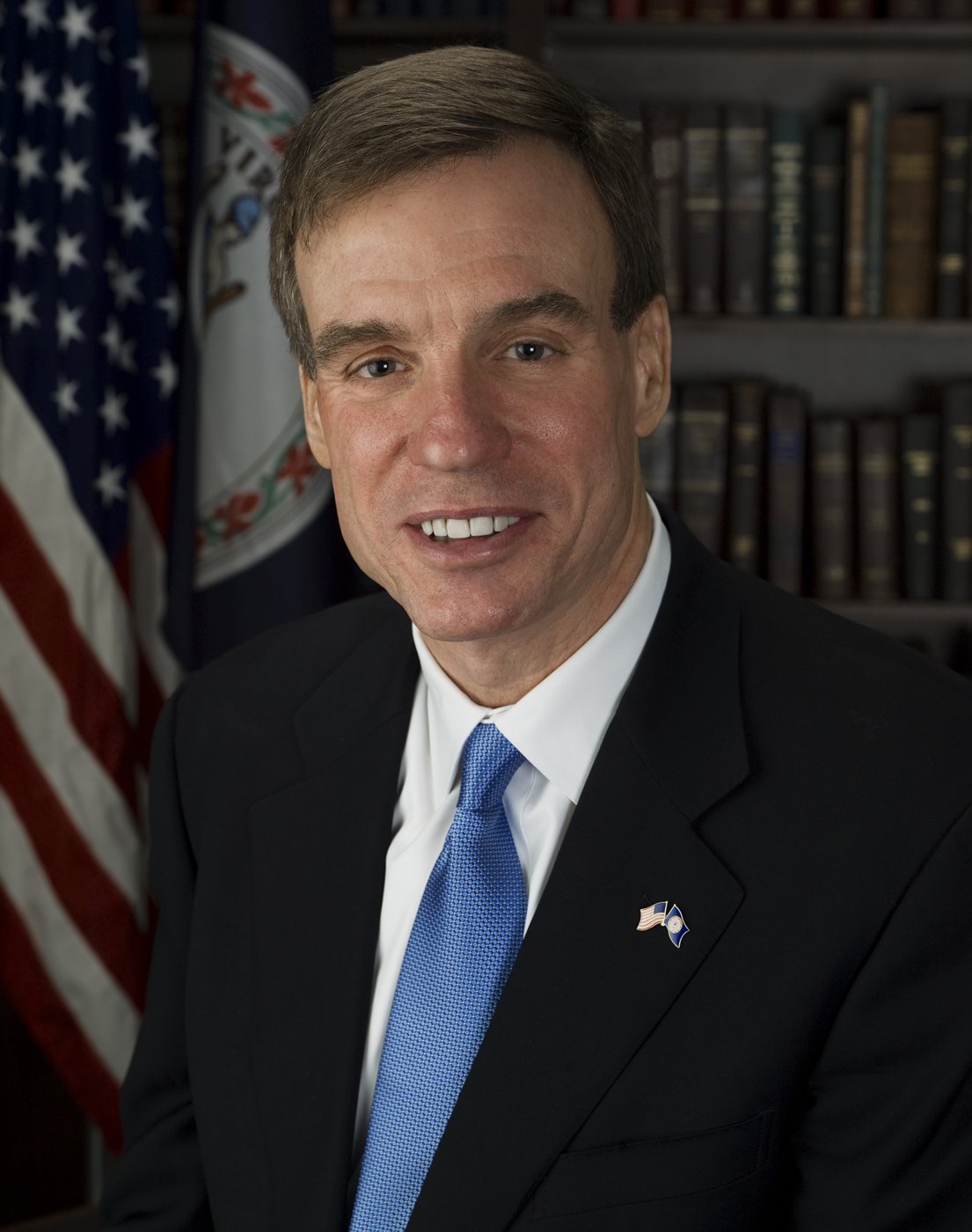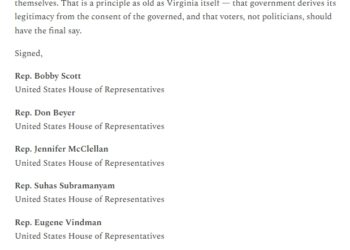
In an interview with WSLS-TV yesterday, Sen. Mark Warner summarized why he was very pleased with the financial reform legislation Congress just passed.
“We’ve now got a bipartisan bill that puts new rules of the road in place. It’s going to end tax payer bailouts, it’s going to make sure we’ve got rules in place so that no institution is too big to fail, it’s going to make sure that a consumer that goes to try and get a mortgage or has a credit card has some rules that make sure they don’t get into a house they can’t pay for, or the credit card company won’t jack up your rates without disclosure.”
For me, the biggest irony of the vote on the bill was that Bob Corker (R-TN), who helped Warner write the part of the bill that is designed to force “too big to fail” financial institutions in trouble to unwind through bankruptcy, joined most of the “party of no” and voted against a bill he helped draft.
A rival to that in irony was the fact that Democrat Russ Feingold of Wisconsin voted against the bill because of it had too many loopholes. Feingold’s refusal forced Harry Reid to seek the vote of Scott Brown (R-MA), allowing Brown to write an additional loophole big enough to drive Goldman-Sach’s proprietary trading desk and all the hedge funds in Massachusetts through.
Brown got a watering down of the so-called Volcker Rule. That rule originally would have prevented large bank holding companies from engaging in proprietary trading – making bets with its own money – as well as investing capital in hedge funds or private-equity funds. Thanks to Brown, the institutions can continue those financial gambles, the sorts of things that helped get us where we are. At least, the bill does limit how much capital a bank can bring to the “gambling table.”
On another question he was asked in the WSLS interview, Warner refused to second-guess state government on how to spend the “surplus” created by tricks in budgeting, pushing up sales tax collections, and short-changing Virginia’s retirement system. However, he pointed out that Virginia’s budget would have been in dire straits without federal stimulus money that filled a massive budget hole, the stimulus money that every Republican from Virginia voted against.
“Virginia only has that surplus because of…the billion dollars plus that came into Virginia state government coffers from the federal stimulus. And the only thing I would caution the governor, the legislature is, those federal dollars from the stimulus are starting to run out… those dollars to education, those dollars to Medicaid, those dollars that went to construction. Because any road construction going on in Virginia right now has been funded by the stimulus. That’s not coming from the state dollars, because we don’t have enough to meet our basic needs.”
Warner noted that he has been working on another initiative, one related to trying to jumpstart small business lending. After all, Sen. Warner reminded, more than 65% of job creation in this country is done by small business. He said that the ideas he’s been working on are sure to pass the House. He hopes that enough Republicans will vote for that kind of initiative to get a bill done.
The initiatives Warner is working on would “increase some of the small business administration activities,” plus take a program already in Virginia and supported by the banking industry, the Capital Access Program, and use it to increase lending to small business.

![[UPDATED with Official Announcement] Audio: VA Del. Dan Helmer Says He’s Running for Congress in the Newly Drawn VA07, Has “the endorsement of 40 [House of Delegates] colleagues”](https://bluevirginia.us/wp-content/uploads/2026/02/helmermontage.jpg)
















